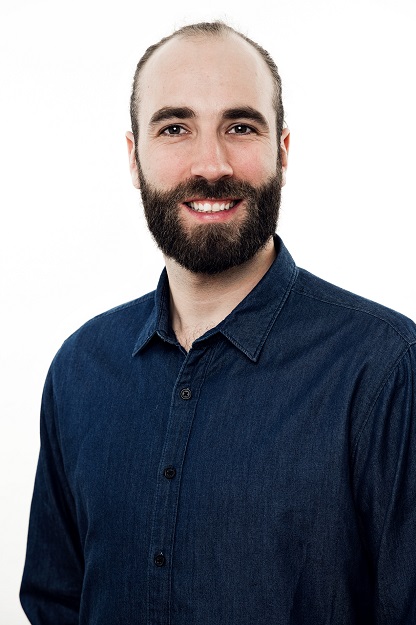
Tim Grothey is a researcher at Borderstep Institute. As an industrial engineer, he supports projects in the research field of Green IT and Digitization as well as in the field of Sustainable Entrepreneurship. Currently, Tim is mainly working on the Score4Impact project.
After completing his Bachelor’s degree in International Business and Technology in Nuremberg and Valparaiso (Chile), Tim Grothey moved to Berlin for internships. He gained experience in international development cooperation and in a consulting firm. During his master’s degree in Industrial Engineering with a focus on energy and environmental resources at the Berlin School of Economics and Law and the Beuth University of Applied Sciences Berlin, which he completd in 2021, Tim Grothey supported various research projects at Borderstep as a student assistant.
In his research work, he is particularly interested in impact-oriented approaches that use sustainable innovations to address the challenges of climate change.
In addition to his studies, Tim has built up the aid organization Café con Leche e.V. with a group of young people in recent years. This organization supports disadvantaged children and young people in the Dominican Republic through sports and education.